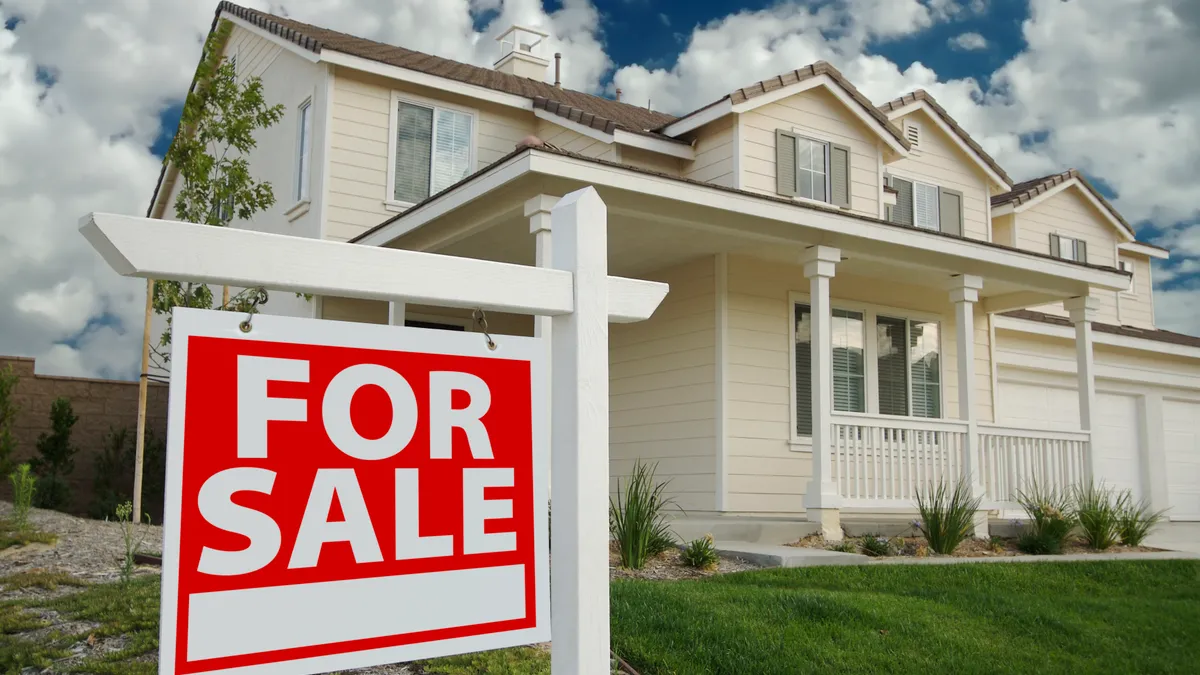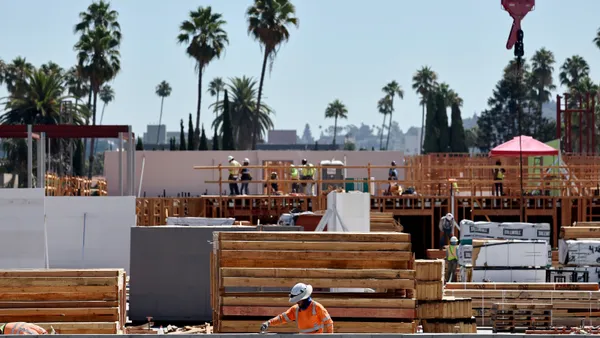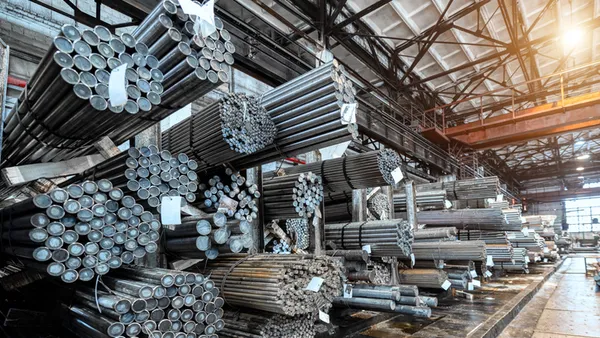Dive Brief:
- Fannie Mae’s January Home Purchase Sentiment Index showed a 1.7% drop in consumer optimism from December, spurred by static wages and rising home prices, according to Realtor.com. The index slid from its December score of 83.2 points to 81.5 in January.
- Only 31% of 1,000 survey participants said it was a good time to buy a home, and a meager 12% — 3% less than in December — said their household income was significantly higher than it was a year ago.
- However, mortgage rates fell for the fifth week in a row, according to Freddie Mac, bringing the average rate for a 30-year fixed mortgage down to 3.72% and the average for a 15-year fixed mortgage down to 3.01%, possibly making buying a home more affordable.
Dive Insight:
"Jobs are increasing, but wages really haven’t caught up," Jonathan Bowles, executive director of the Center for an Urban Future, told Realtor.com. As it has become more difficult for potential homeowners to save for a down payment, Bowles said homeownership is even more unobtainable.
Jonathan Smoke, chief economist at Realtor.com, said that in most places, renting is more expensive than buying long-term and "isn’t more attractive."
According to a recent Zillow report, the point at which buying a home becomes less expensive than renting the same home, or the Breakeven Horizon, is only 1.9 years in 70% of U.S. housing markets. The more expensive markets, like Boston, New York, Washington, DC, and San Francisco, take between three and four-and-a-half years to hit the Breakeven Horizon, while buyers in Dallas, Indianapolis, Detroit and Atlanta can get there in one-and-a-half years.
The "buying is cheaper than renting" mantra was a common one in 2015. A Zillow report last month revealed that as the value of homes rose in 2015, so did the number of renters — a yearly increase of 1.8 million. In addition, renters paid almost $20 billion more in 2015 than they did in 2014, bringing total rent paid last year to a total of $535 billion.













